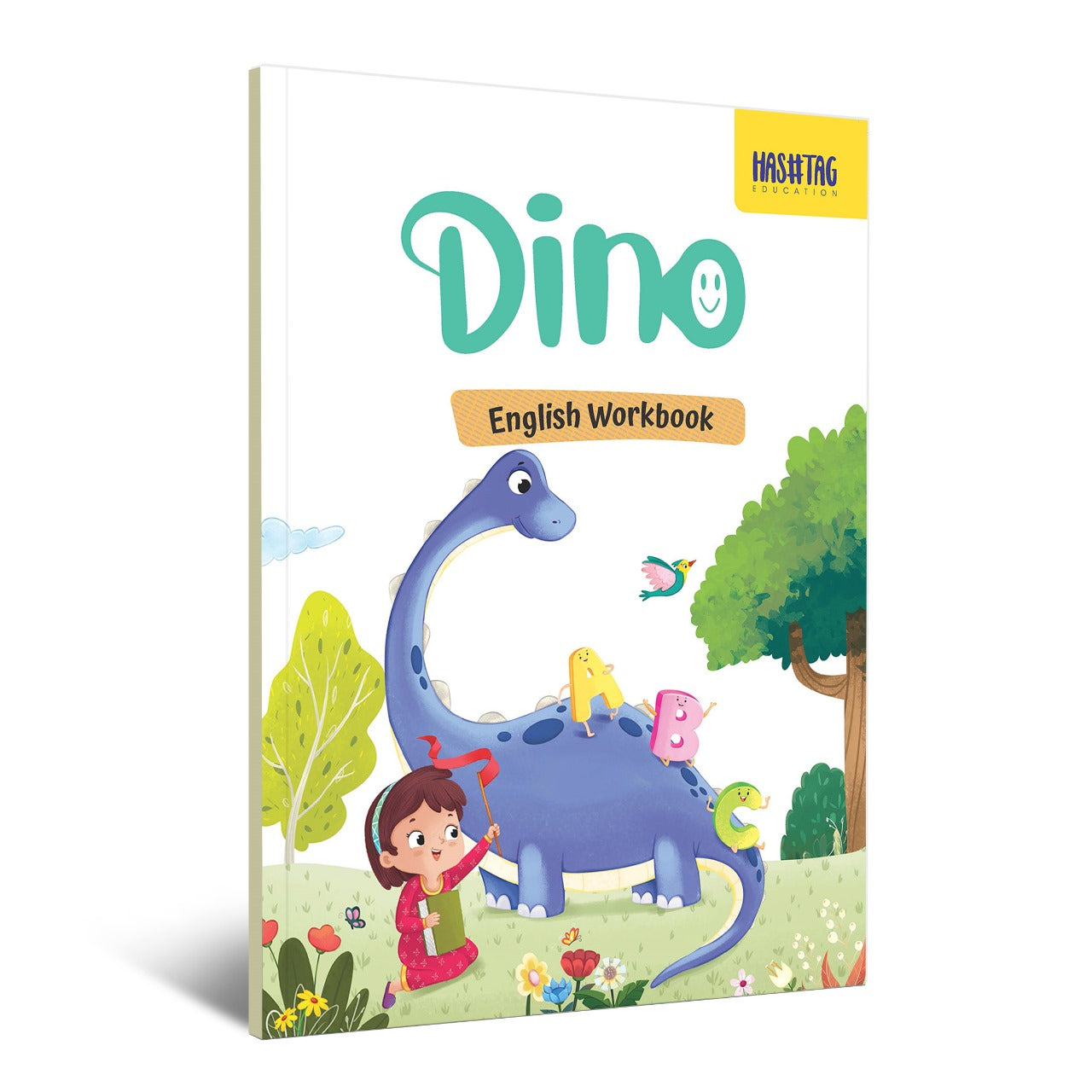Why Public Meltdowns Feel So Overwhelming for Parents?
A public tantrum can feel like you're in the spotlight. It's exhausting, especially when you're already managing stress, fatigue, or an ever-growing to-do list.
But the reality is, tantrums do not mean you are a poor parent or that your child is "spoiled." They are a normal part of child development.
What Is a Meltdown, Really?
Meltdowns are powerful emotional responses—often caused by overstimulation, unmet needs, or the inability to verbalize emotions. They happen often with toddlers and young children who are still developing emotional regulation skills

What I Did Differently That Day?
Instead of responding with irritation, threats, or shame as I would have done in the past, I stopped—and tried something new. Here’s what made the difference:
1. I Regulated Myself First
I knew that I wanted to raise my voice or offer them a bribe. Instead, I took a deep breath and reminded myself, "My calm is their calm"
Children will reflect our emotional state. When we show our frustration, they will get even more out of control. However, when I can ground myself, I can provide a safe emotional space for them to be upset.
2. I Got on Her Level (Literally and Emotionally)
I bent down, looked them in the eye, and spoke gently. I said, "You're really upset because you wanted that chocolate. Feeling sad is okay." This one small act of emotional validation for my child without giving in helped her move from a tantrum to a drizzle.
3. I Blanked Out the Audience
Yes, people were looking. But I reminded myself: their opinions don’t raise my kid; I do.
I paid attention to what my kid needed in that moment, not what some strangers might judge. Parenting is not a performance, it is a relationship.
4. I Asked for Choices, not Commands
Once she started to calm down I presented a choice:
“We can take a fruit snack for the car, or we can go home now. You choose.”
Offering age-appropriate options restores a sense of control to a child which often diffuses emotional resistance.
5. We Talked Later - Not in the Middle of the Storm
After we got home and her emotions cooled I had a conversation about what happened. I asked things like:
“What were you feeling when we were in the store?”
“Next time you feel that way, what could we do instead?”
This helps children build emotional intelligence, get language around feelings, and consider problem solving.
What I Learned as a Parent
That day taught me that dealing with a public meltdown isn't about avoiding one - it is about responding with empathy, structure, and presence.
No it wasn't perfect. But it was better. And every moment like this helps me parent better.
Expert Strategies to Manage Public Tantrums like a Professional!
1. Keep Calm and Stay Non-Reactive
Take some deep breaths. Your child's nervous system is regulated by yours.
2. "Name It to Tame It"
Say what your child's feeling out loud. "You're feeling frustrated because we are leaving the park."
3. Provide Comfort Over Control
Hug, sit next to them, or gently hold their hand. Show them you are there, not against them.
4. Stay Kind, Even Though You Won't Give In
Consistency equals trust. You can still say "no" while providing love.
5. Reflect Later, Not At The Moment
Do not try to explain, discipline or teach in a meltdown. Wait until your child is emotionally regulated.
Conclusion: You are not a bad parent, you are a developing parent!
Having meltdowns in public does not mean you are a failed parent. It is a chance to model emotional regulation, empathy, and resiliency. The same day my child had a public meltdown and I almost lost my patience, was the same day I began to know how to move forward better.
So next time your child totally loses it in a mall, supermarket, or at the school gate... breathe, connect, and lead with love. You got this!







